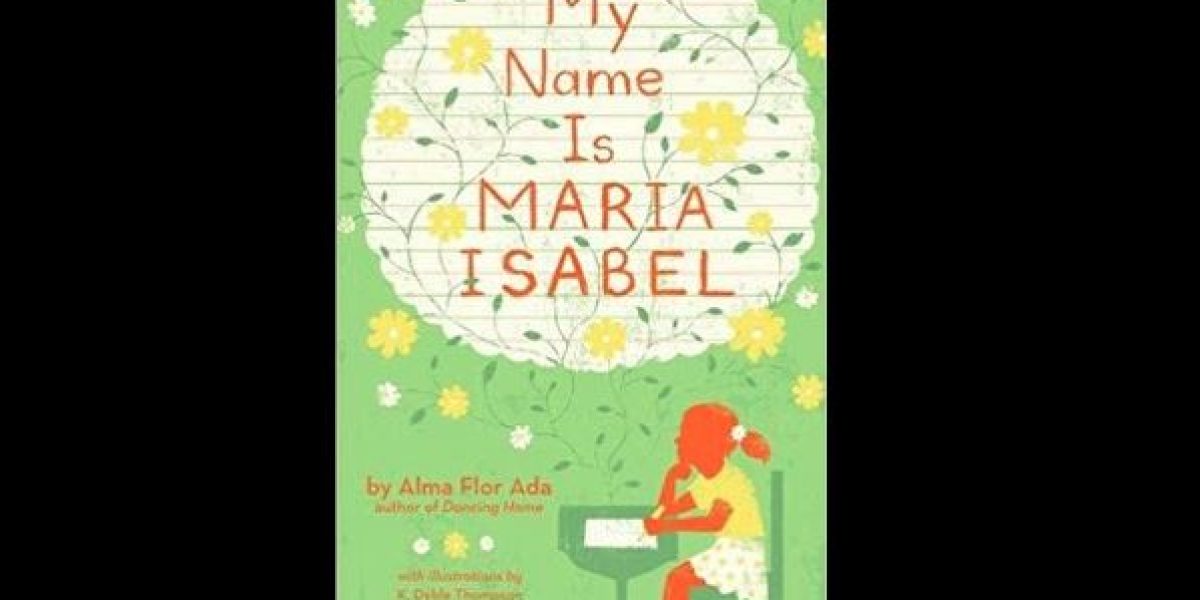A Heartwarming Journey of Identity and Belonging
In the heart of New York City, a young girl named Maria Isabel Salazar Lopez faces a common but profound challenge: the struggle to define her own identity. The beautifully written children’s book, “My Name is Maria Isabel” by Alma Flor Ada, explores this universal theme through the eyes of a young Hispanic girl who is determined to assert her individuality in a world where her name is often overlooked and misunderstood.
A Story of Identity
Maria Isabel is excited to begin the third grade, but her enthusiasm is dampened when she discovers that there are two other Marias in her class. Her teacher decides to call her “Mary” to avoid confusion, leaving Maria Isabel feeling invisible and disconnected from her own name and culture.
The book artfully portrays the internal turmoil Maria Isabel faces as she grapples with her identity crisis. She loves her name, as it carries the essence of her heritage and family. However, the teacher’s insistence on calling her “Mary” makes her feel like a stranger in her own skin. This struggle is something many children and adults from diverse backgrounds can relate to – the tension between honoring one’s cultural identity and trying to fit into a predominantly homogenous environment.
A Journey of Self-Discovery
Maria Isabel’s journey is not just about finding her voice but also about celebrating her heritage. With the support of her family, especially her abuela (grandmother), she learns to appreciate the beauty of her name and its cultural significance. Through their stories and shared experiences, Maria Isabel starts to understand the importance of her Hispanic heritage and the uniqueness of her name.
The teacher’s assignment to write a story about her name becomes a transformative experience for Maria Isabel. She discovers that her name, with its rich history and connections to her family, is a treasure worth cherishing. In the end, she writes a beautiful essay about her name, explaining its meaning and importance in her life.
Empowerment and Resilience
One of the most powerful aspects of “My Name is Maria Isabel” is its portrayal of resilience and empowerment. Maria Isabel refuses to accept being called “Mary” any longer and finds the courage to stand up for her true identity. This act of self-advocacy is a lesson for young readers, emphasizing the importance of self-respect and pride in one’s heritage.
Furthermore, the book highlights the crucial role that supportive family members and friends play in helping individuals navigate identity challenges. Maria Isabel’s abuela, in particular, serves as a source of wisdom and guidance, imparting valuable lessons about heritage and self-worth.
Conclusion
“My Name is Maria Isabel” is a poignant and heartwarming children’s book that addresses complex issues of identity, cultural heritage, and self-empowerment in a relatable and accessible way. Alma Flor Ada’s storytelling skillfully captures the emotional journey of a young girl who learns to embrace and celebrate her unique name and heritage. This book is not only an essential read for children but also a valuable resource for parents, teachers, and educators seeking to promote diversity, inclusion, and self-acceptance.
Through Maria Isabel’s story, readers of all backgrounds are reminded of the importance of recognizing and respecting the cultural identities of others. It encourages us to celebrate our differences, rather than homogenize them, and to honor the significance of names as a vital part of our individual and collective stories. In the end, “My Name is Maria Isabel” serves as a powerful reminder that our names are more than just words; they are reflections of who we are, where we come from, and the beauty of our diverse world.



